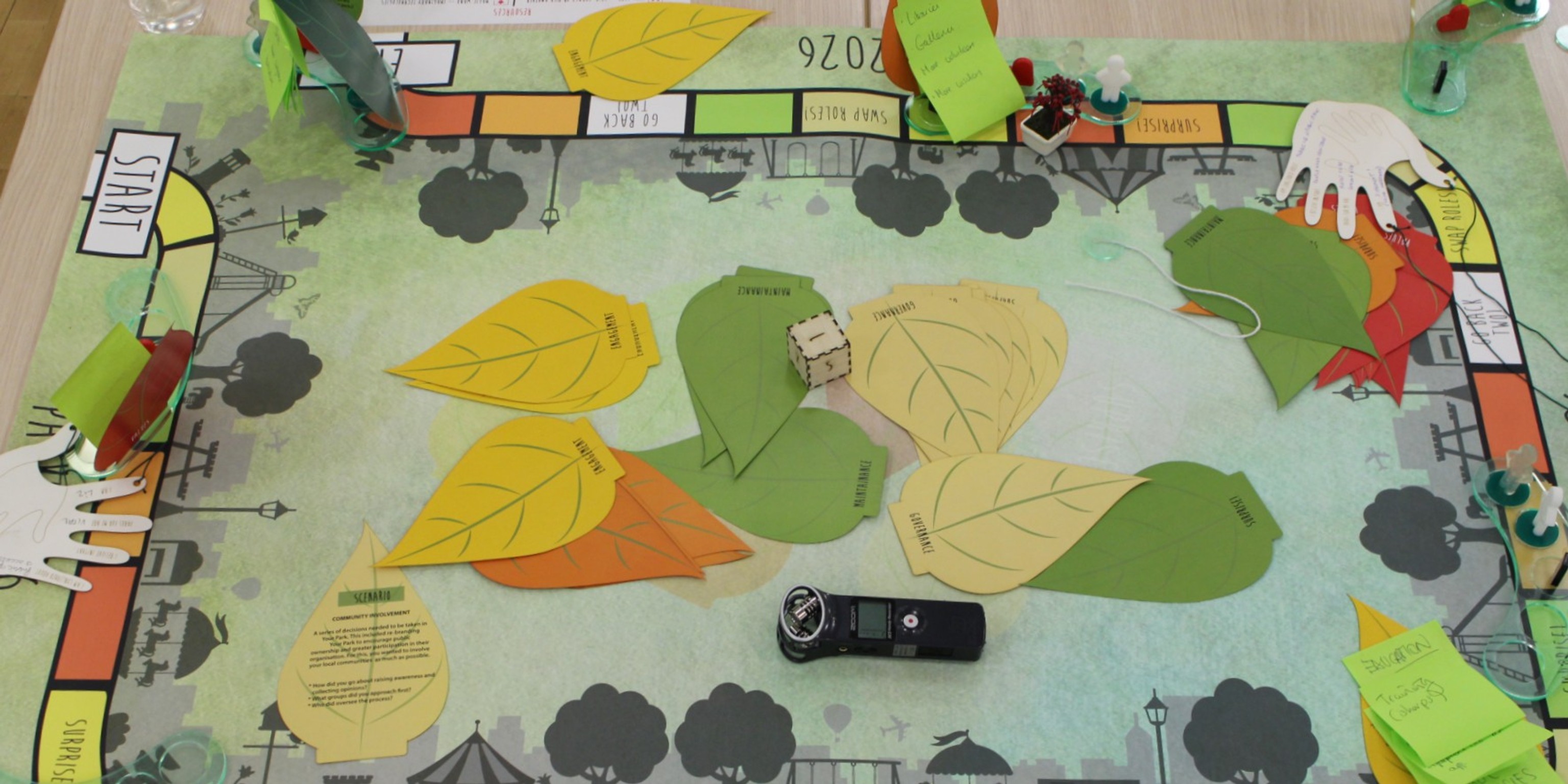
From Digital Economy to Digital Citizens: the end of Digital Economy Research Centre
Tuesday 7 December 2021
Open Lab at Newcastle University and Northumbria University are celebrating the end of the Digital Economy Research Centre (DERC), which began in 2015.
Open Lab at Newcastle University and Northumbria University are celebrating the end of the Digital Economy Research Centre (DERC), which began in 2015.
DERC was initiated Patrick Olivier and Pete Wright and engaged a huge number of researchers across both universities.
Dave Kirk, the director of Open Lab explained: “The footprint of DERC has been enormous. From this one large project we have produced dozens of smaller projects, supported the careers of over 80 researchers from early-career to more seasoned academics and through the engagements themselves connected with tens of thousands of members of the public across the region and internationally.”
The aim of the Digital Economy Research Centre
The Digital Economy Research Centre has aimed to design, develop, and evaluate new digitally-mediated models of citizen participation. DERC engaged with communities, the third sector, local government and industry in developing the future of local service provision and local democracy.
Starting the DERC programme, the overarching challenges were significant. From considering how to develop new technologies using open and citizen-generated data to developing participatory methods to support citizen-led public services, the backbone of this research was a commitment to social inclusion.
The main research themes of DERC address the development of models of digitally-enabled citizen participation in local democracy, planning, public health, social care and education, and we explored new civic media to support these.
The research methods were participatory, action-based, and embedded in the real world.
Highlights from the DERC projects
From receiving over 23,000 public responses to shape the new Tyne and Wear Metro to building an online dietary capture and analysis tool used in at least 158 individual research studies across the world – DERC’s has pioneered new models of ‘digital civics’ research.
Working with around 20 community and industry partners, DERC had an extensive programme of research, knowledge exchange and public engagement activities.
Find out more about the projects from DERC in this booklet.
Read more: Digital Economy Research Centre
Through this we’ve explored new ways of empowering communities and engaging citizens in the digital economy.
From Digital Economy to Digital Citizens
“Following the success of DERC we have launched our EPSRC Next Stage Digital Economy Centre for Digital Citizens. We are taking the core themes investigated within DERC and are using that knowledge to foster further digital social innovations with communities. In doing this we are continuing our journey to change discourses from a focus on ‘smart cities’ to supporting smart(er) citizens, in urban, rural and coastal places;” said Dave Kirk.
The Centre for Digital Citizens will take an inclusive, participatory approach to the design and evaluation of new technologies and services that support ‘smart’, ‘data-rich’ living in urban, rural and coastal communities.
Core to the Centre’s work will be the incubation of sustainable ‘Digital Social Innovations’ (DSI) that will ensure digital technologies support diverse communities and will have long-lasting social value and impact beyond the life of the Centre.
Watch the full livestream from the end of DERC event held on 8 December at the Catalyst in Newcastle featuring talks from Jenny Nelson, Newcastle City Council, Mark Tewdwr-Jones, UCL, Shaun Hazeldine, IFRC, Austin Toombs and Colin Gray, Purdue University and Sarah McManus and Huw Lewis, NEXUS.